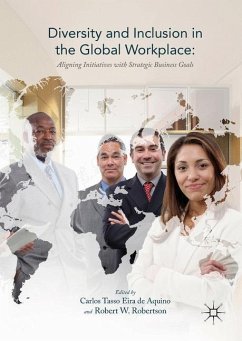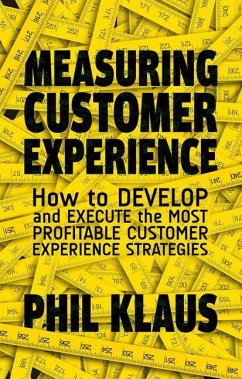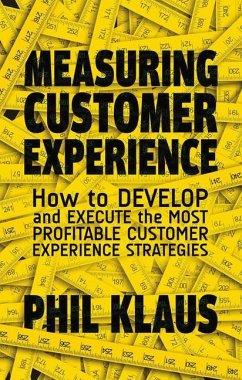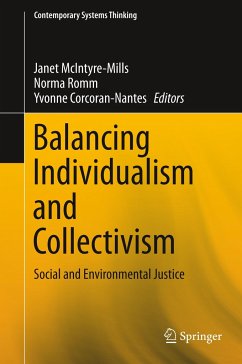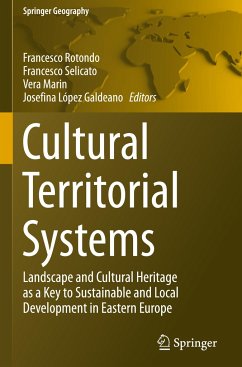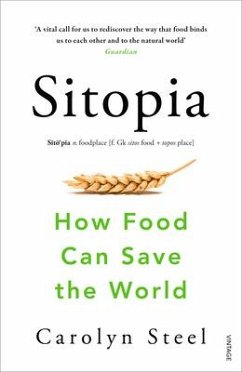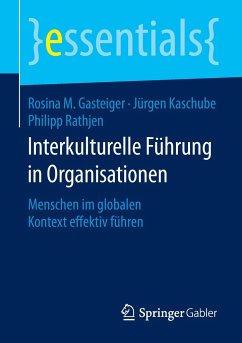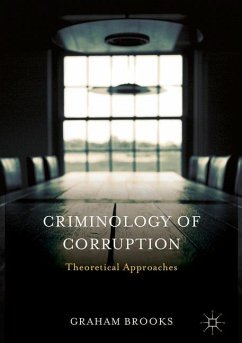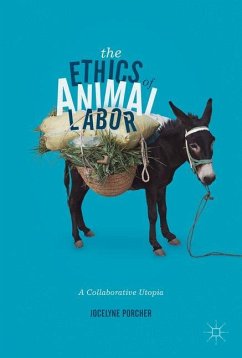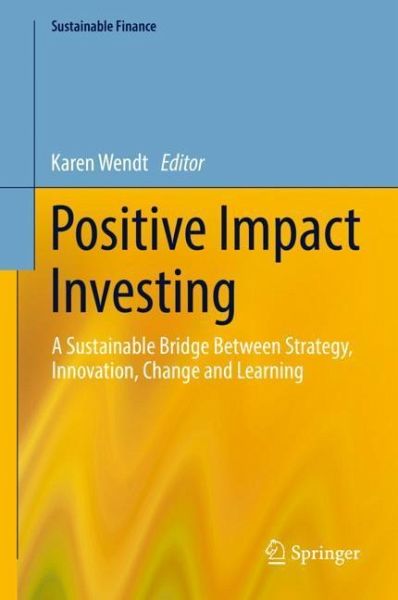
Positive Impact Investing
A Sustainable Bridge Between Strategy, Innovation, Change and Learning
Herausgegeben: Wendt, Karen

PAYBACK Punkte
34 °P sammeln!
This book illustrates the impact that a focus on environmental and social issues has on both de-risking assets and fostering innovation. Including impact as a new cornerstone of the investment triangle requires investors and clients to align interests and values and understand needs. This alignment process functions as a catalyst for transforming organizational culture within an organization and therefore initiates the external impact of the organization, but also its internal transformation, which in turn escalates the creation of impact. Describing how culture is the social glue permeating a...
This book illustrates the impact that a focus on environmental and social issues has on both de-risking assets and fostering innovation. Including impact as a new cornerstone of the investment triangle requires investors and clients to align interests and values and understand needs. This alignment process functions as a catalyst for transforming organizational culture within an organization and therefore initiates the external impact of the organization, but also its internal transformation, which in turn escalates the creation of impact. Describing how culture is the social glue permeating all disciplines of an organization, the book demonstrates how organizational alignment can be achieved in order to allow strategic speed, innovation and learning, and provides examples of how impact can be achieved and staff mobilized It particularly focuses on impact investing, impact entrepreneurship, innovation, de-risking asset, green investment solutions and investor movements to counteract climate change and implementing the United Nations Sustainable Development Goals, highlighting culture, communication, and strategy.





